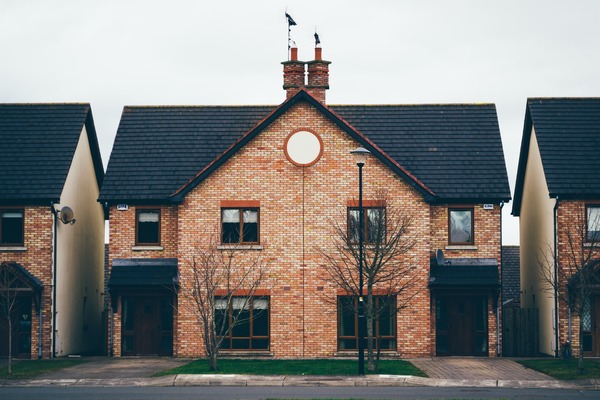New Builds – Why So Many Complaints?

Taking the plunge and buying your dream home shouldn’t turn into an unmitigated nightmare. Particularly if you’re buying a new-build property, which you’d expect to be in mint condition inside and out. Nevertheless, new-build complaints are stacking up from disgruntled buyers across the UK. In fact, new-build home complaints recently hit an all-time high.
Disappointment with a new home isn’t a case of simple inconvenience and frustration. For those affected, it can be a distressing and costly situation to face, often with very little help available.
Some builders and developers hide terms and conditions in contracts that negate responsibility, while others simply ignore letters and calls to their offices. Often, they are under the knowledge that if they wait long enough, the buyer’s warranty will expire, assuming they were provided with one in the first place.
In any case, the average homeowner simply doesn’t have the time, the expertise, or the energy to chase and challenge builders when things go wrong. Complaints about new builds are flooding local and national government offices like never before, but is there really anything that can be done about it?
Or, more importantly, why is it happening in the first place?
No Isolated Incident
Research from the Homeowners Alliance suggests that those filing complaints about new-build homes aren’t in the minority. For whatever reason, there’s been a distinct uptick in the number of people reporting serious defects with their new homes shortly after purchasing them. To such an extent that less than two-thirds of those who buy and move into new homes are happy with the way initial imperfections are addressed by their respective builders and developers,
Even more alarmingly, the number of new homebuyers reporting defects of any kind after moving into a new property stood at 93% in 2015. As of 2018, the number of buyers filing complaints about new-build homes had hit an astonishing 99%.
All of which suggests that next to no buyers are comprehensively satisfied with their newly built homes when they move in.
What’s more, evidence also suggests that buyers aren’t simply filing new-build property complaints about basic snags and minor shortcomings. Instead, they’re talking about the kinds of major structural issues that pose a direct threat to their health and safety. The problem is that even when such issues are reported, they’re often addressed with little sense of urgency or priority.
Experience and expertise
As far as some industry experts are concerned, the issue may be the result (at least in part) of a widespread lack of experience and expertise among builders. Generally speaking, the UK has a global reputation for the quality of its construction workers. However, some argue that, as it takes less than two years of training to become a qualified bricklayer, plasterer, or tradesperson in the UK, there are far too many builders in business with very little experience behind them.
In addition, there’s absolutely no legal requirement for builders in the United Kingdom to obtain a licence to offer their services. They’re able to sign up on a voluntary basis with registered bodies like the NHBC or the Federation of Master Builders, but there is no requirement for them to do so. It’s a legal requirement for all properties constructed to meet certain health, safety, and practicality requirements, but carrying out such checks isn’t always easy for potential buyers inspecting the properties.
For the time being, therefore, there’s little that can be done on the part of the buyer other than to organise meticulous and intensive inspections prior to purchasing a home. Where problems are encountered after the purchase, developers or builders are required to fulfil their contractual obligations or may be brought before the courts for legal proceedings to take place.




 0116 402 7982
0116 402 7982